Optimal Timing for Stucco Service
Timing for stucco service depends on climate conditions and seasonal weather patterns. Proper scheduling ensures optimal adhesion, curing, and durability of the stucco finish. Typically, late spring through early fall offers the most favorable conditions for stucco work.
Spring provides moderate temperatures and lower humidity, ideal for stucco application and repairs.
Summer offers longer daylight hours, but high temperatures and humidity can affect curing times if not managed properly.
Fall allows for work before winter, with cooler temperatures that support proper curing and adhesion.
Cold temperatures and moisture during winter can hinder stucco application and lead to issues like cracking or improper curing.
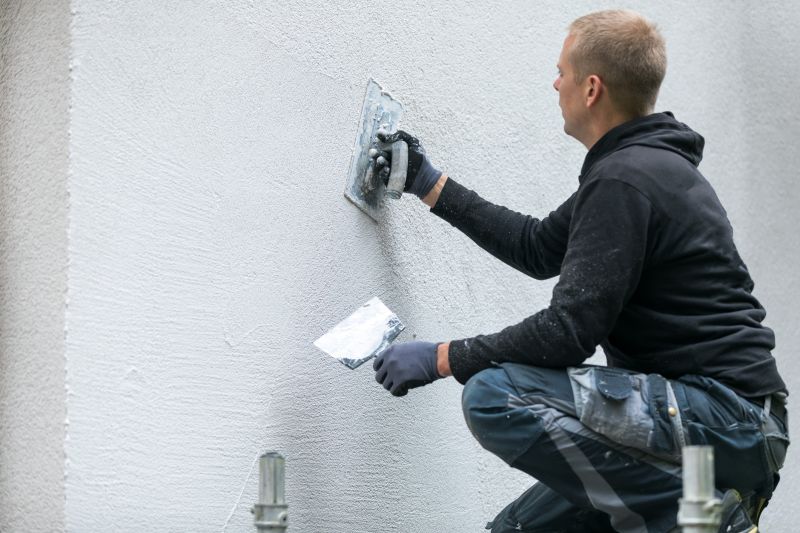
Ways to make Stucco Service work in tight or awkward layouts.
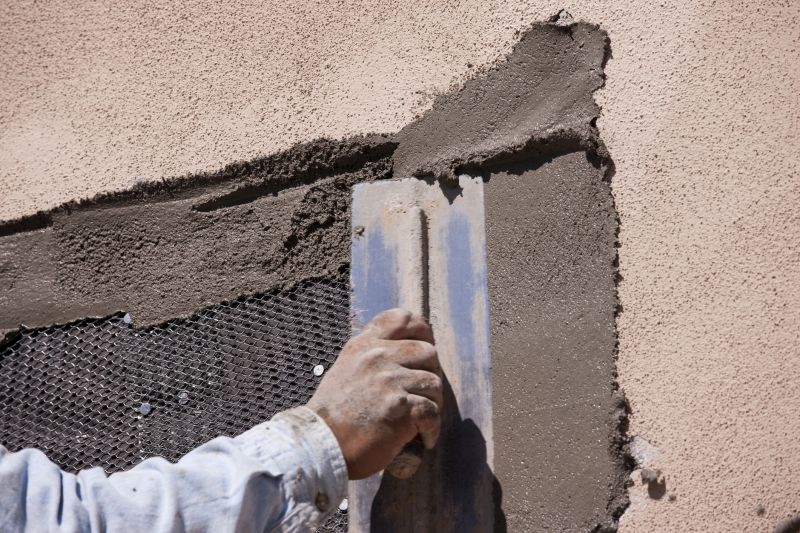
Popular materials for Stucco Service and why they hold up over time.
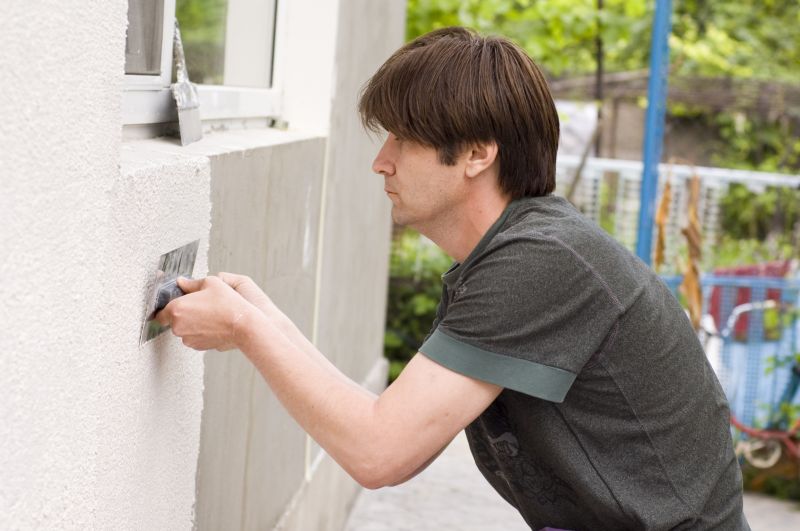
Simple add-ons that improve Stucco Service without blowing the budget.
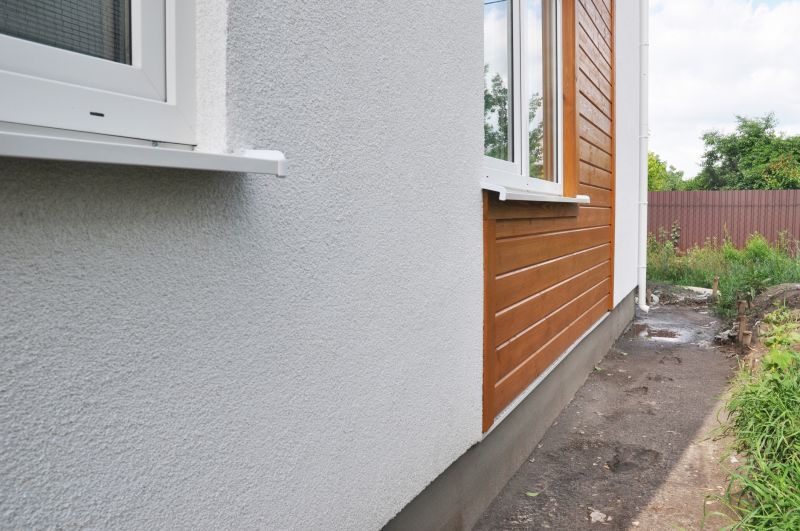
High-end options that actually feel worth it for Stucco Service.
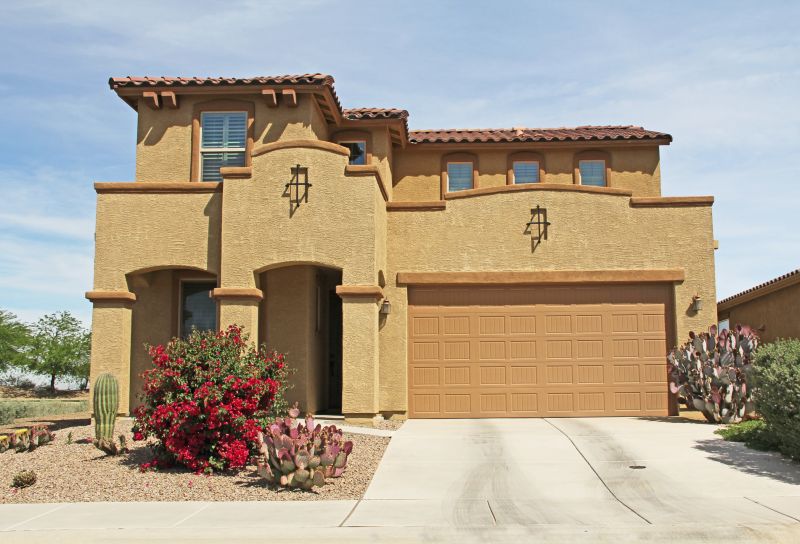
Finishes and colors that play nicely with Stucco Service.
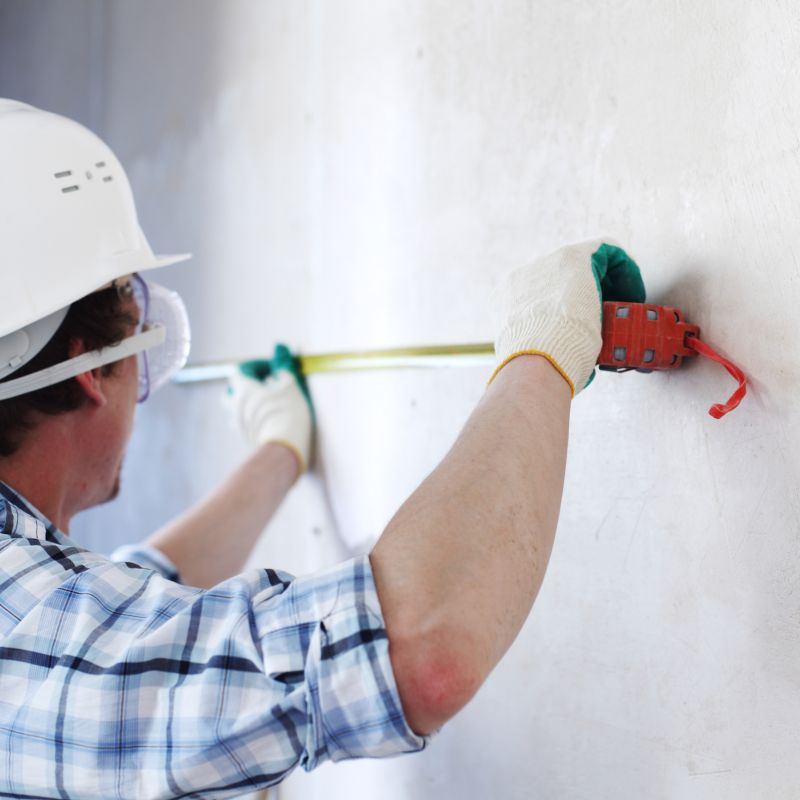
Little measurements that prevent headaches on Stucco Service day.
Stucco service involves applying a durable exterior finish that enhances the appearance and protects building surfaces. Proper timing ensures the material cures correctly, reducing the risk of cracks and other issues. Seasonal considerations impact how well the stucco bonds and withstands environmental stresses.
Statistics indicate that stucco applied during optimal weather conditions has a significantly lower failure rate. Properly timed projects can extend the lifespan of the exterior finish, reducing maintenance costs over time. Understanding seasonal impacts helps in planning effective stucco applications for long-term results.
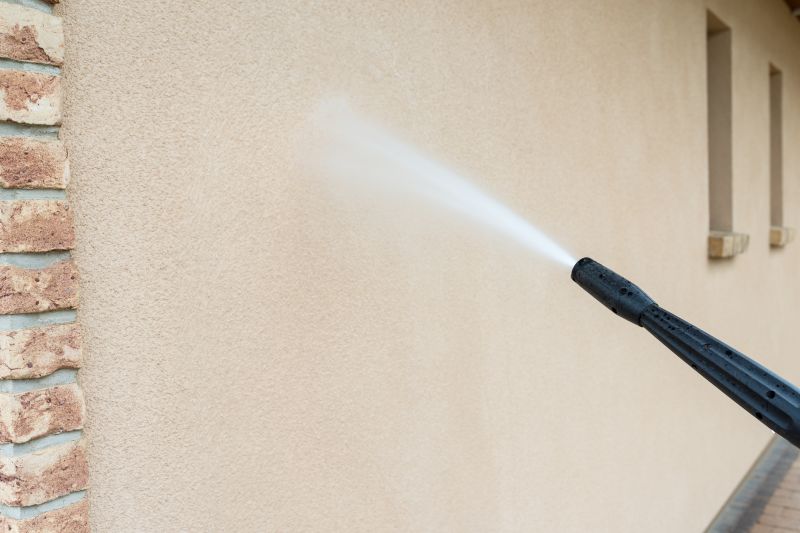
A 60-second routine that keeps Stucco Service looking new.
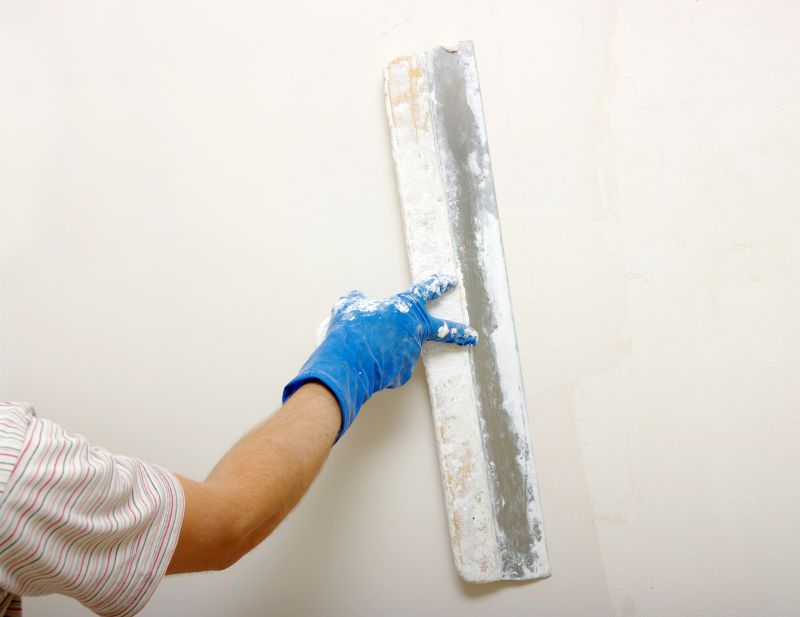
A frequent mistake in Stucco Service and how to dodge it.
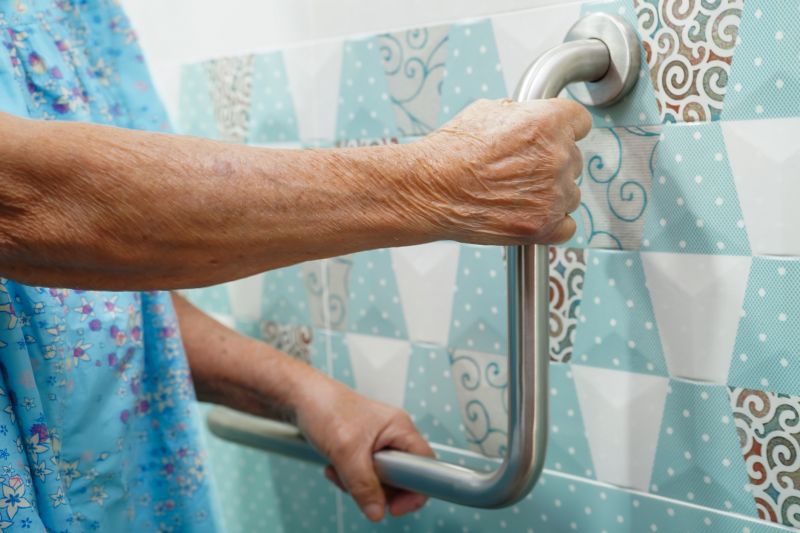
Small tweaks to make Stucco Service safer and easier to use.
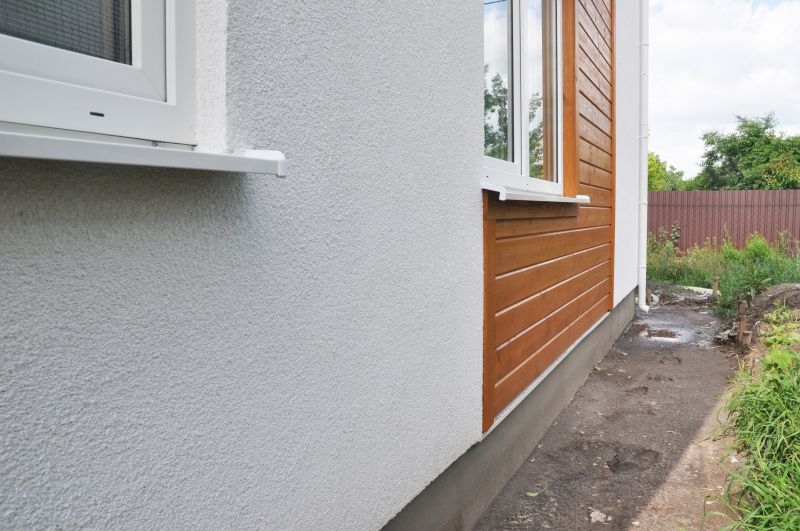
Lower-waste or water-saving choices for Stucco Service.
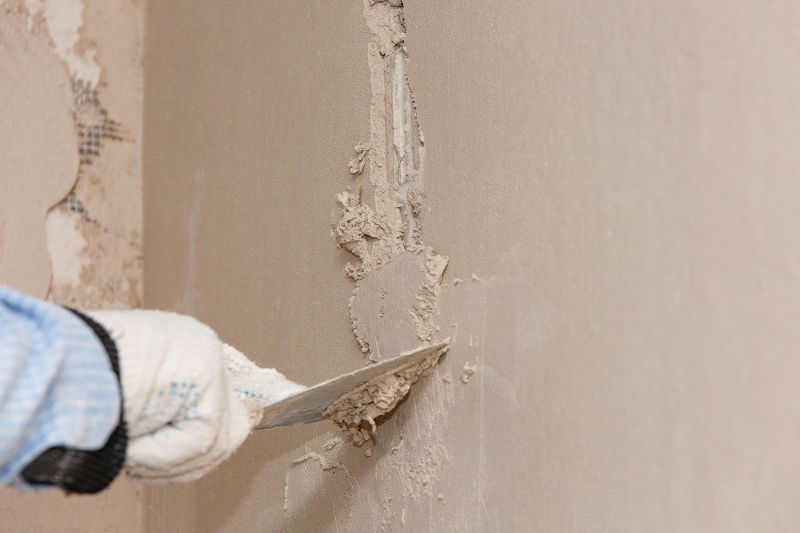
The short, realistic tool list for quality Stucco Service.
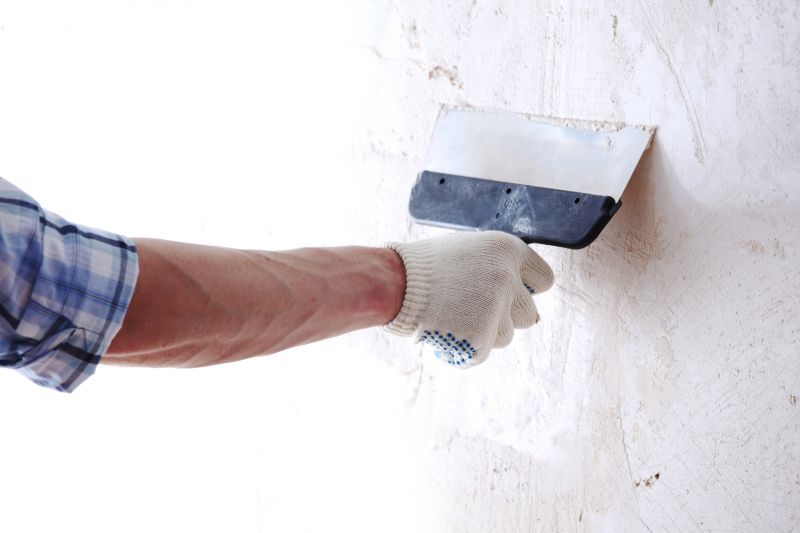
Rough timing from prep to clean-up for Stucco Service.
Application is best during mild weather seasons to ensure proper curing and adhesion.
High humidity, rain, and freezing temperatures can negatively impact stucco application.
Extreme temperatures can cause cracking or improper bonding of stucco, reducing durability.
Yes, typically between 50°F and 85°F for optimal application and curing.
